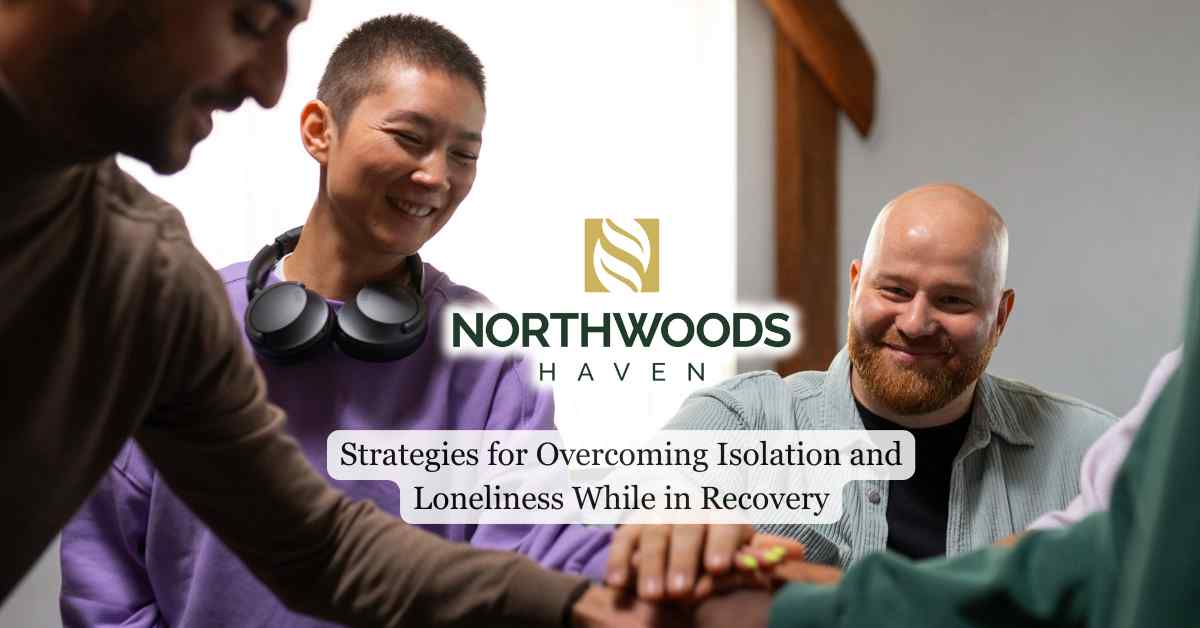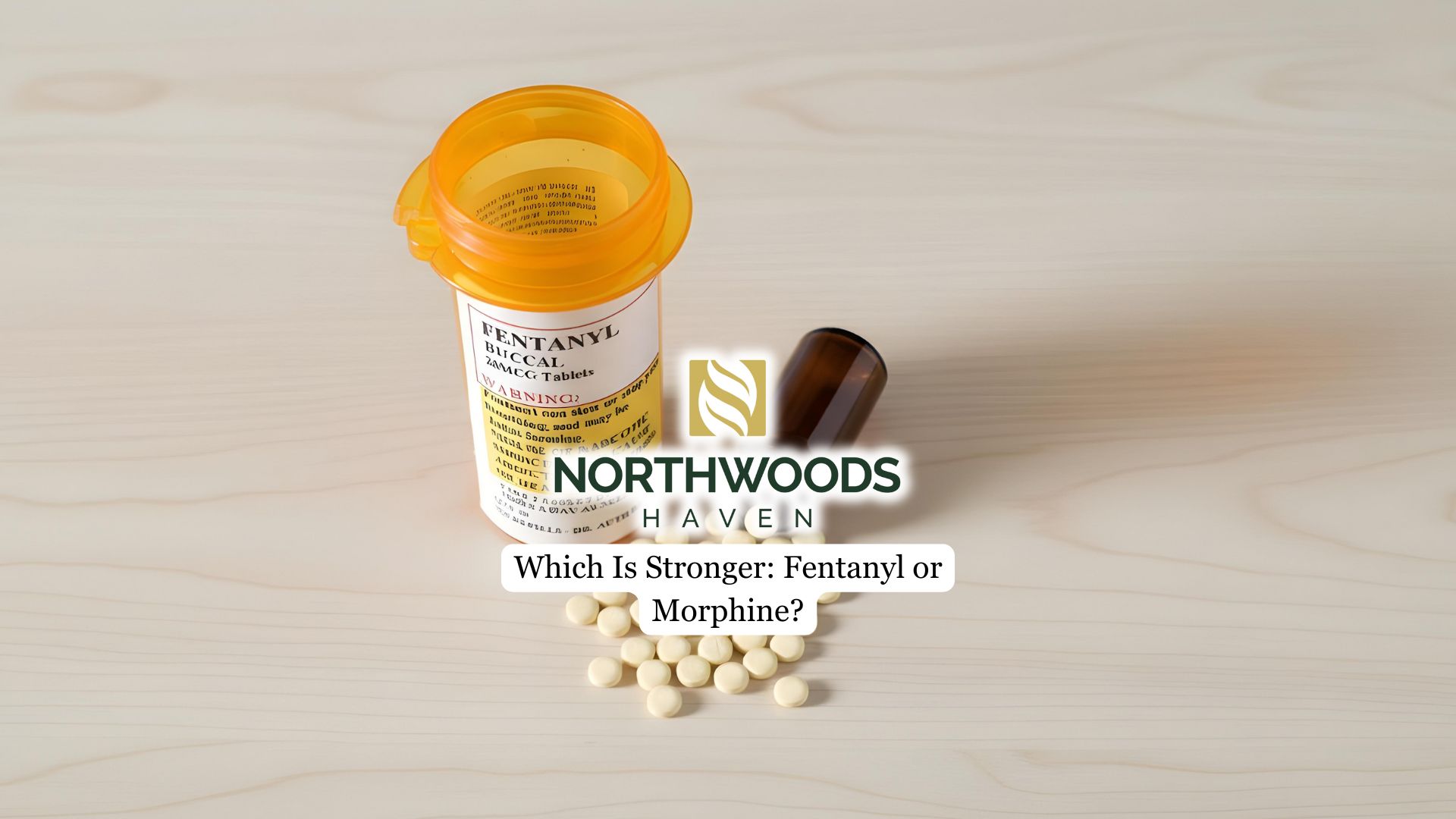One of the most significant challenges many individuals face is the overwhelming sense of isolation and loneliness that can accompany the journey to sobriety. As you leave behind old habits and social circles, you may find yourself grappling with a void that seems impossible to fill.
In this article, we’ll explore practical and compassionate approaches to overcoming isolation and loneliness while maintaining your commitment to sobriety.
Recognizing Signs of Isolation and Loneliness
You may experience persistent feelings of sadness, disconnection from others, and a lack of motivation to engage socially.
These feelings of loneliness can be particularly intense during the transition from inpatient treatment to home, as you distance yourself from substance-using friends and adjust to a new lifestyle.
It’s important to acknowledge that loneliness is a common experience in early recovery and can lead to physical health issues if left unaddressed. Withdrawal from previously enjoyed activities and a heightened sense of isolation may trigger cravings, jeopardizing your sobriety.
Taking the first step towards a more connected and fulfilling recovery includes enrolling in an intensive outpatient program, which will allow you to attend group therapy sessions and thus socialize with people who understand your circumstances.
Building a Strong Support Network
Regularly attending support group meetings allows you to connect with others who share similar experiences, providing a safe space to discuss challenges and feelings of loneliness in addiction.
Engaging in community activities and volunteer work not only helps you meet new people but also boosts your self-esteem and reinforces a sense of purpose.
Don’t hesitate to reach out to old friends and family members, while being prepared to make amends for past behaviors. These relationships can be valuable in supporting your recovery.
Here we have a detailed guide on how long it takes to complete all 12 steps of the AA Program.
Developing New Social Skills
You can enhance your communication abilities and build confidence by participating in role-playing exercises, which will help you navigate real-life social situations more easily and reduce anxiety related to socializing.
When engaging in conversations, actively listen and ask open-ended questions to foster deeper connections and show genuine interest in others’ experiences. Joining group activities or workshops provides structured opportunities to practice social skills in a supportive environment, helping combat loneliness and feelings of isolation.
Set small, achievable social goals, such as initiating a conversation with a peer or attending a community event, to gradually build comfort and competence in social settings. As you develop new social skills, you’ll find it easier to make new friends and expand your support network, which is crucial for maintaining a strong recovery.
Read more about the role your family members play in your addiction recovery and how their support can prevent relapse.

Engage in Sober Activities
Engaging in sober activities is a powerful way to combat isolation and build meaningful connections during recovery. You can explore various options, such as joining sports leagues, taking art classes, or participating in community events centered around your interests.
These activities provide opportunities to meet like-minded individuals and foster a sense of belonging within a supportive social network.
Volunteering is another excellent way to connect with others while making a positive impact in your community. Not only does it help reduce feelings of loneliness, but it also allows you to develop new skills and build self-esteem.
Attending local meetups or workshops can further enhance your social skills and resilience, helping you navigate the challenges of recovery more effectively.
Use Technology to Connect
You can use video conferencing platforms to participate in support group meetings and connect with peers, helping to alleviate feelings of loneliness.
Social media is another avenue for finding and joining recovery-focused communities, fostering relationships with others who share similar experiences and challenges. Online forums and discussion boards provide a safe space for you to express your feelings of isolation and seek advice from others in recovery, enhancing emotional support.
Mobile applications designed for recovery can facilitate daily check-ins and accountability, promoting connections with sponsors and recovery buddies to maintain social engagement.
Virtual events and workshops related to recovery also offer opportunities for learning and interaction, connecting you with others on similar recovery journeys.
Final Thoughts from Northwoods Haven Recovery
Implementing these strategies requires dedication, patience, and perseverance, but the benefits of cultivating genuine connections and a nurturing community are immeasurable. Our seasoned team of experts provides a holistic approach to treatment, integrating evidence-based therapies with a supportive community environment. Through our Intensive Outpatient Program (IOP) in Minneapolis, MN, you’ll have the opportunity to connect with peers who empathize with your challenges, develop crucial coping skills, and establish a robust foundation for enduring recovery.



